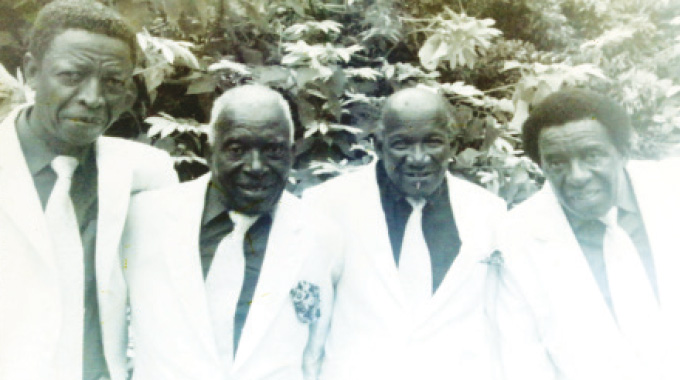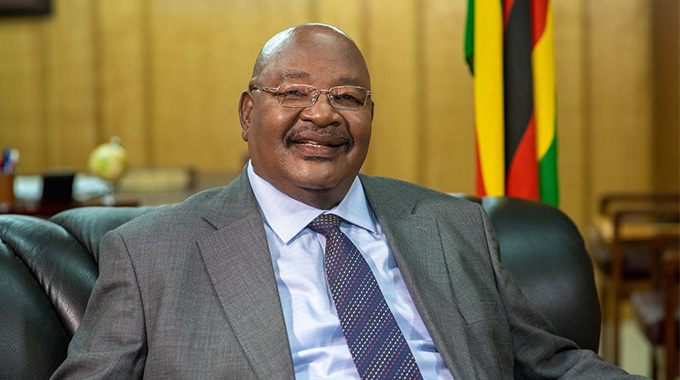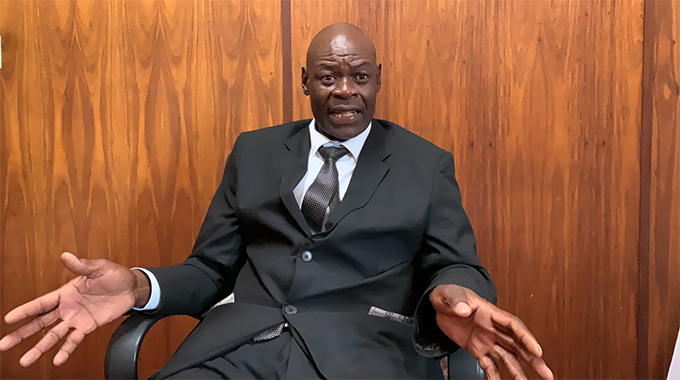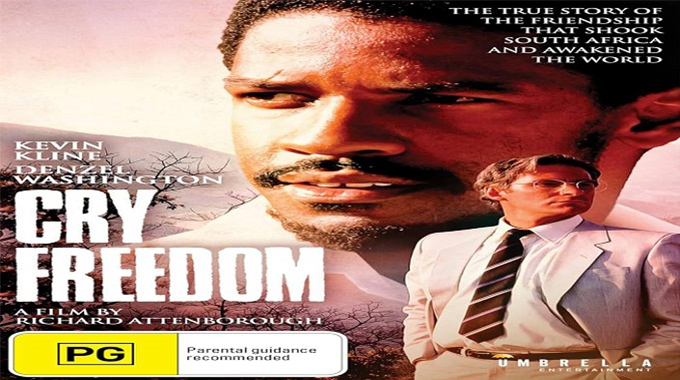Six decades and counting: Cool Crooners triumph over prejudice

Sipepisiwe Moyo, [email protected]
As Zimbabwe celebrates 44 years of Independence, it is heartening to recognise living legends within the art industry, some like the Cool Crooners, whose remarkable career spans over six decades.
Chronicle Showbiz recently had the privilege of catching up with Lucky Thodlana, the sole surviving member of this esteemed African jazz group. He graciously shared their wealth of experiences, providing us with a valuable glimpse into the transformation of the art scene both pre- and post-independence.
Through Thodlana’s narratives, we were transported back to the colonial era, vividly experiencing the harsh realities of that time.
The group, known for its sleek moves and smooth singing, was established over 60 years ago and gained fame for their marabi single “Bhulugwe lami”, a track beloved by many. The original Cool Crooners comprised five members: the late Mark Mapfumo, the late Ben Gumbo (known as Pula Pula), the late Fostin Zulu, the late Eric Juba, and Thodlana.
The Cool Crooners are credited with exporting Zimbabwean township music to the world, blending swing and soul music in a style known as swing jazz. The group boasts a rich history of collaborations, having previously shared the stage with iconic artistes such as the Mahotella Queens, Miriam Makeba and Yvonne Chaka Chaka. They also had the honour of performing alongside the late Oliver Mtukudzi. Their enduring partnership with Prudence Katomeni also adds another layer of depth to their collaborative legacy, showcasing their commitment to fostering musical connections across generations and genres.

Cool Crooners known as Cool Four during their youth days
Thodlana recounted the challenging circumstances faced by black artistes before independence, highlighting the discriminatory limitations imposed on them. One such restriction was the prohibition against performing in venues situated in the central business district, which significantly hindered their ability to showcase their talent and reach wider audiences.
“Before we attained independence, there were restrictions on where we could perform as blacks. We were limited to venues such as Stanley Hall, McDonald Hall, and occasionally Jewish Gilton and other township halls. The City Hall, reserved for whites, was off-limits to us, as performing in the CBD was prohibited.
“Despite these challenges, older black groups like the Boogie Hoogies, Deep Brown Darkies, and Imbube groups paved the way for us in the music industry,” he explained.
He continued, highlighting the plight of numerous talented artistes who, despite their abilities, were confined to performing solely in Bulawayo. The limitations of their local fame prevented them from reaching broader audiences beyond the city limits, perpetuating their relative obscurity on a national scale.

Lucky Thodlana with the new members of the Cool Crooners group
Independence heralded good news for the people, as it signalled an end to the restrictive policies that had hindered black artistes from performing in the city centre. This new-found freedom opened up a plethora of opportunities for artists, allowing them to showcase their talents without limitations and paving the way for greater recognition and success.
“As soon as we attained Independence, we were one of the first groups to move our performances to the city centre. Numerous opportunities emerged, propelling our music onto the global stage.
“Independence proved to be a profound blessing for the art industry, granting us the ability to showcase our talents internationally. Additionally, the availability of passports post-Independence further facilitated our ability to travel and share our music across borders. We managed to travel to Canada, New York, France, Botswana and South Africa, among other countries.”
Now, 44 years after the country attained independence, the new Cool Crooners group consists of Thodlana, George Salimu and Abraham Ncube. As a collective, they regularly perform at various venues across Bulawayo, Harare and Victoria Falls, showcasing their talent and captivating audiences, with no restrictions. Their musical journey has also taken them beyond Zimbabwe’s borders, as they have previously graced stages in South Africa.

Surviving member from original group Lucky Thodlana
Thodlana emphasised that one can indeed sustain a livelihood through art, underscoring the enduring viability of the artistic profession. Even to this day, he affirmed, he continues to thrive and support himself solely through his artistic endeavours.
“Jazz isn’t exclusively for white audiences, as some might assume. It exists everywhere, transcending boundaries and it’s defined not by race, but by the rhythm and beat employed.
“I make a living out of music, and I’ve achieved milestones like purchasing a car, solely through the earnings from the art industry. Even now, my livelihood relies on the income generated from our musical performances, alongside the contributions of my fellow group members,” said Thodlana.
Interestingly, even at 83 years old, Thodlana continues to possess the strength and passion to captivate audiences. He shared that they have an upcoming performance in Harare on April 27, alongside the new members of the Cool Crooners.
Additionally, he shared that they are already booked for performances elsewhere in May, demonstrating their continued relevance and popularity in the contemporary music scene.












Comments